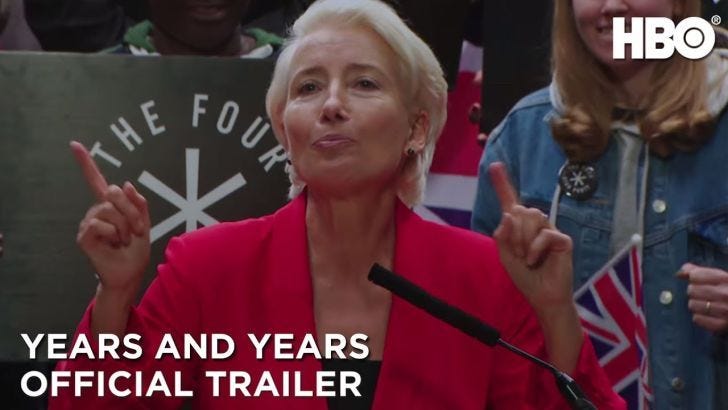Hello to the French B99! ALSO: The best new UK drama in Years and Years!
Always Be Watching is by Dan Barrett who is frankly done with this week.

The first Brooklyn Nine Nine foreign language adaptation is underway with a French-Canadian version. They’ll probably have to change the name.
Source: Deadline




